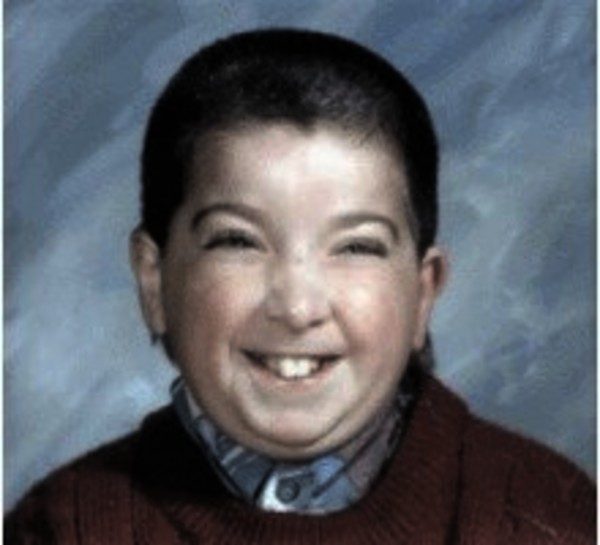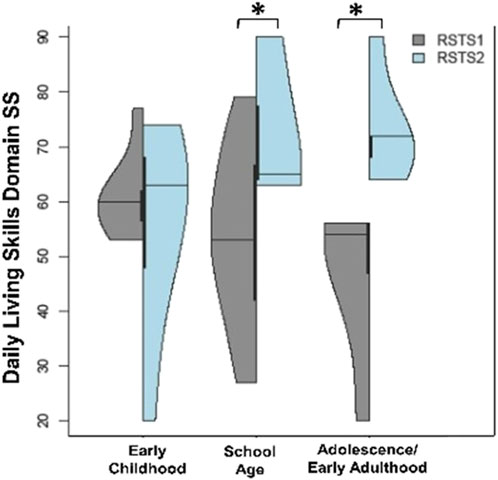Cureus, Whole-Exome Sequencing Identified a Novel DYRK1A Variant in a Patient With Intellectual Developmental Disorder, Autosomal Dominant 7
Por um escritor misterioso
Descrição
Intellectual developmental disorder, autosomal dominant 7 (MRD7; OMIM 614104) is a rare disease characterized by microcephaly, intellectual disability, speech delay, feeding difficulties, and facial dysmorphisms. This disorder is caused by pathogenic/likely pathogenic variants of the DYRK1A gene, which encodes dual-specificity tyrosine-phosphorylation-regulated kinase 1A. Here, we report a case of MRD7 that was diagnosed using Face2Gene and whole-exome sequencing (WES). A 22-year-old man presented with microcephaly, intellectual disability, slender body, long slender fingers, and facial dysmorphisms. He was previously diagnosed with Cornelia de Lange syndrome (CdLS) at four years of age. However, his CdLS clinical diagnostic score was low at 22 years of age. The Face2Gene application introduced several candidate diseases including MRD7. Finally, by utilizing WES and Sanger sequencing analysis of cloned cDNA, we identified a novel heterozygous duplication variant (c.848dup, p.(Asn283LysfsTer6)) in the DYRK1A gene, which introduces a premature stop codon. This report provides more information about the phenotypic spectrum of a young adult patient with MRD7. Face2Gene helped us introduce candidate diseases of the patient. Registering further genetically confirmed cases with MRD7 will improve the accuracy of the diagnostic recommendations in Face2Gene. Moreover, WES is a powerful tool for diagnosing rare genetic diseases, such as MRD7.
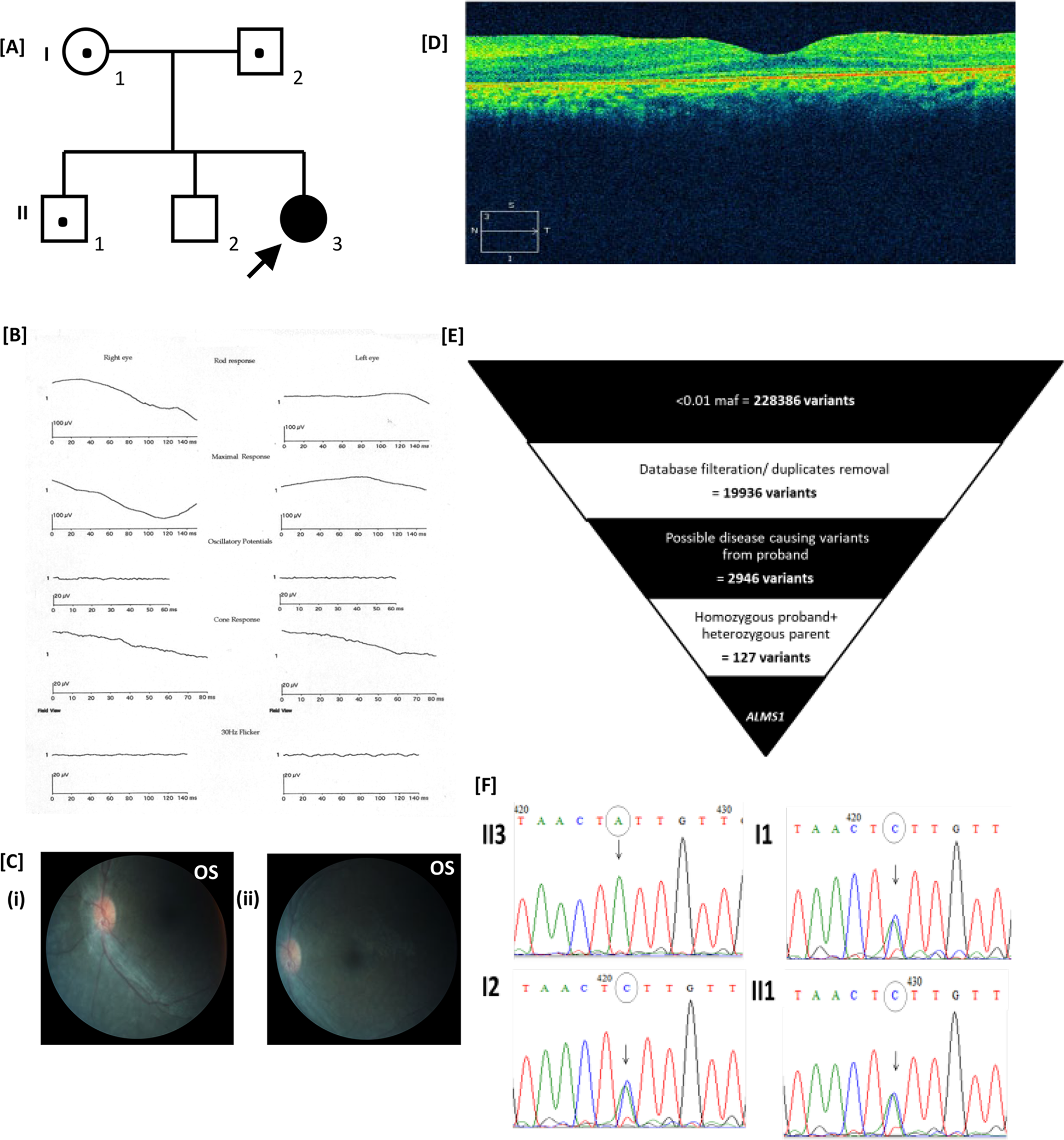
Whole-exome sequencing identifies two novel ALMS1 mutations in Indian patients with Leber congenital amaurosis

A novel UBE2A splice site variant causing intellectual disability type Nascimento - Yan - 2022 - Clinical Case Reports - Wiley Online Library
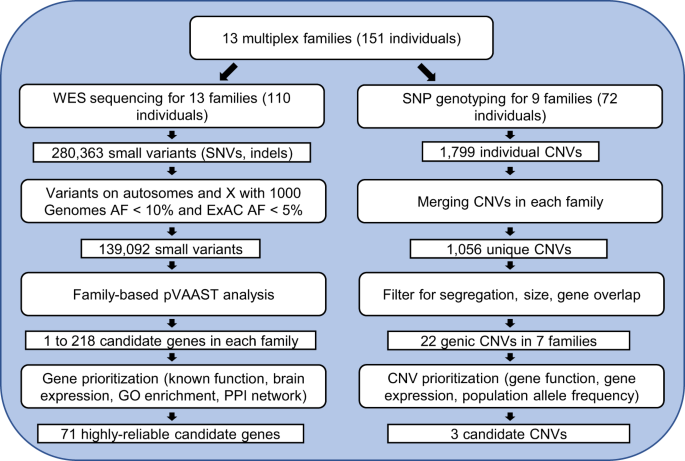
Whole-exome sequencing identifies genes associated with Tourette's disorder in multiplex families

The contribution of whole-exome sequencing to intellectual disability diagnosis and knowledge of underlying molecular mechanisms: A systematic review and meta-analysis - ScienceDirect
Publications using Face2Gene - Face2Gene
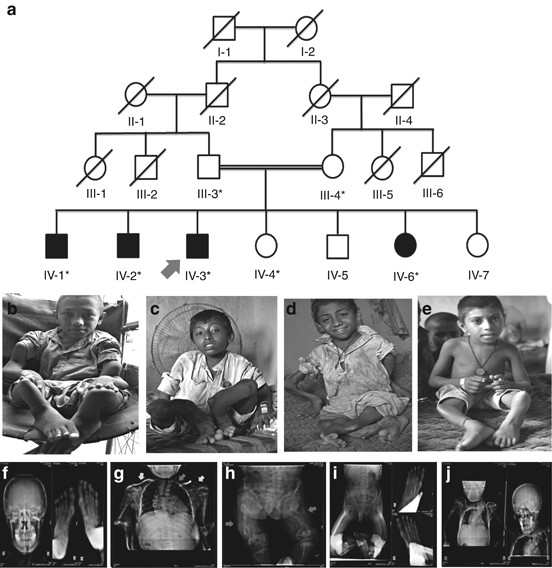
Exome sequencing reveals a novel homozygous splice site variant in the WNT1 gene underlying osteogenesis imperfecta type 3
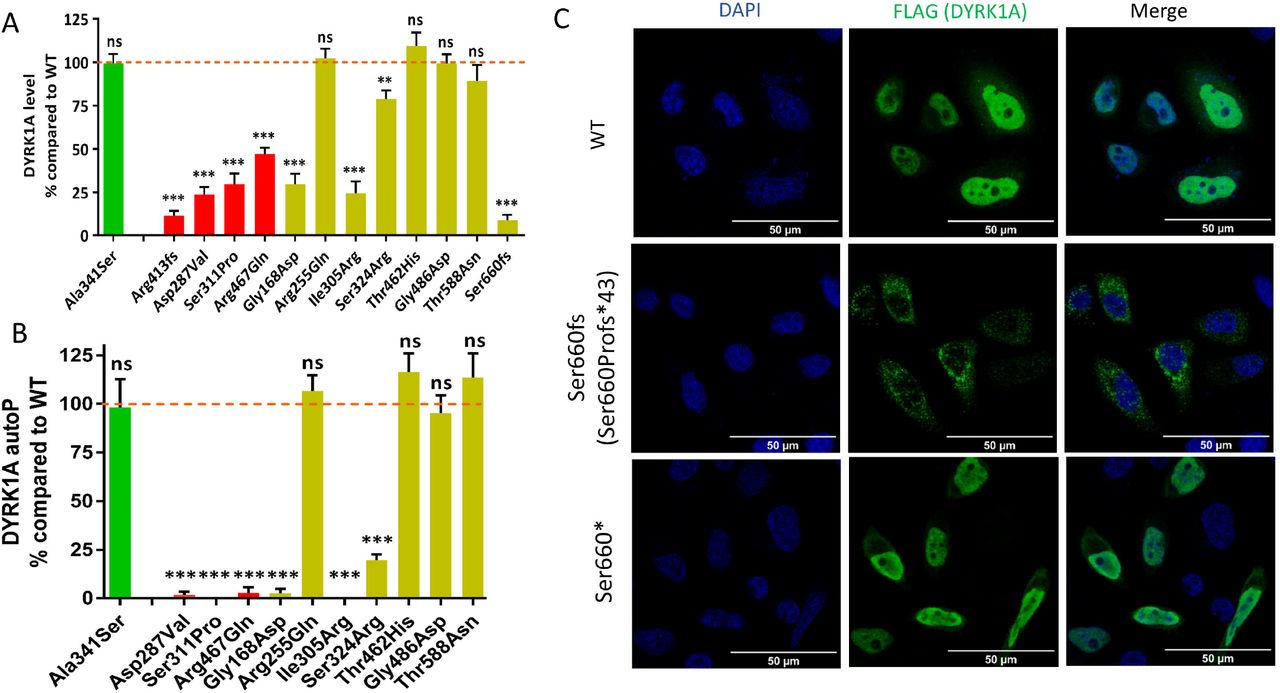
Integrative approach to interpret DYRK1A variants, leading to a frequent neurodevelopmental disorder
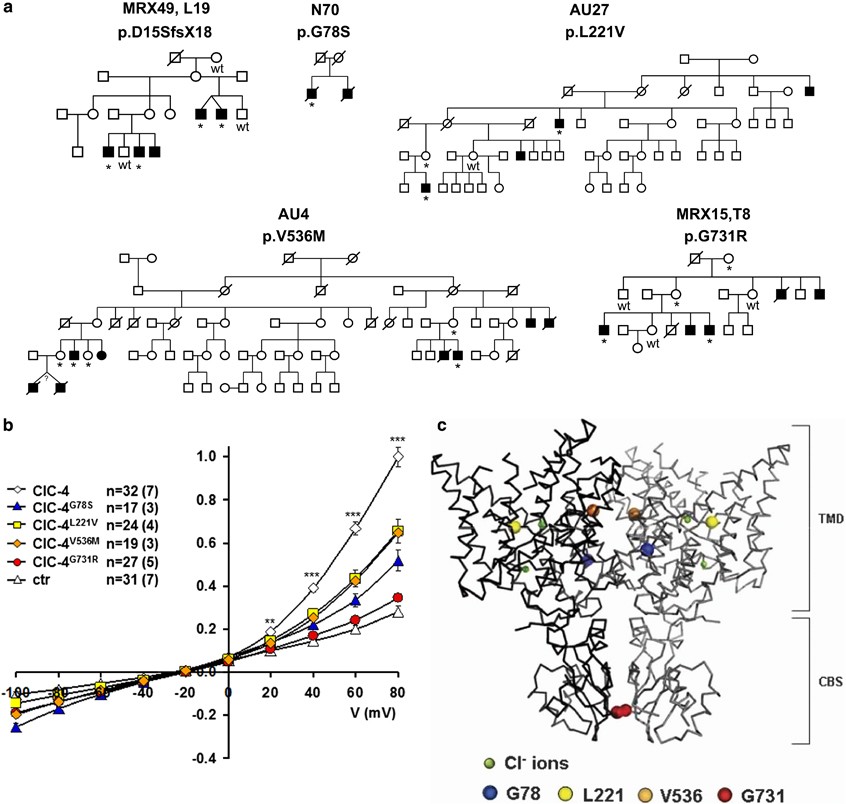
X-exome sequencing of 405 unresolved families identifies seven novel intellectual disability genes
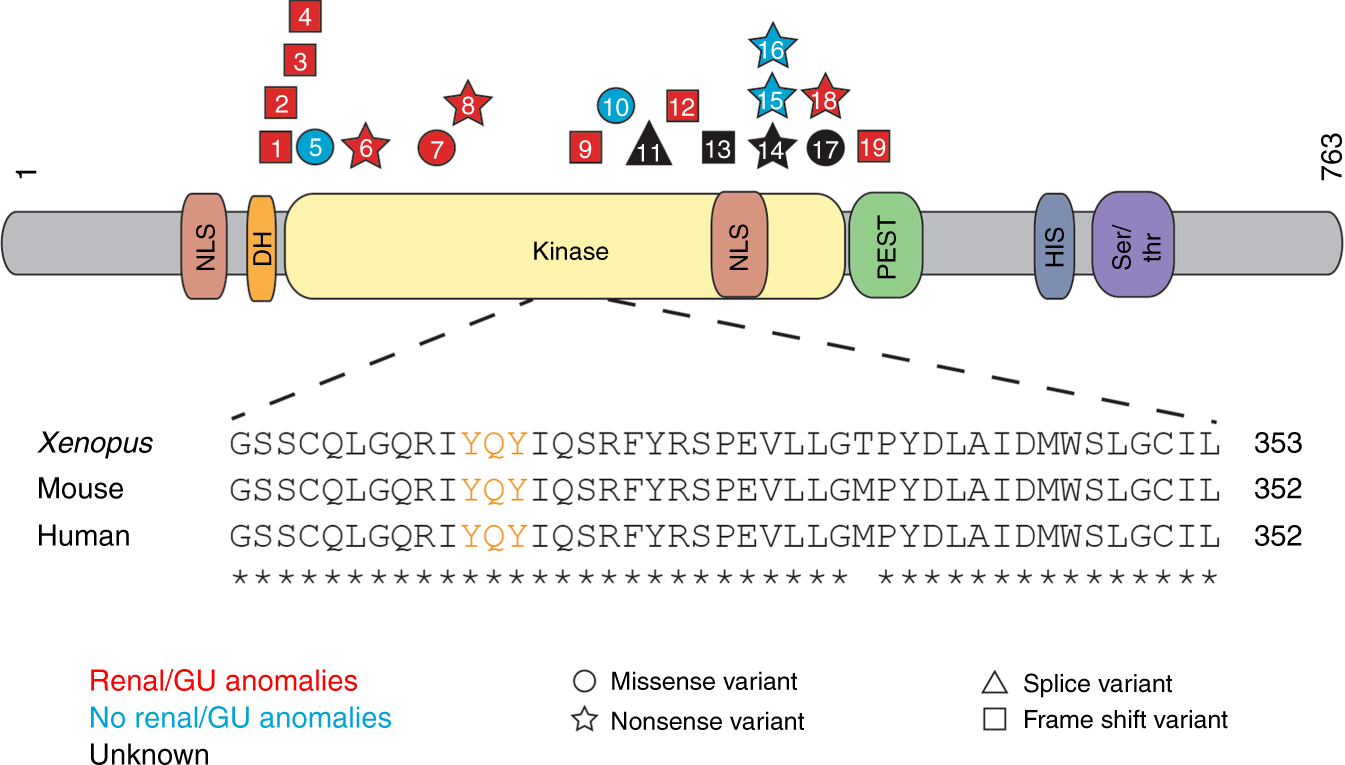
DYRK1A-related intellectual disability: a syndrome associated with congenital anomalies of the kidney and urinary tract
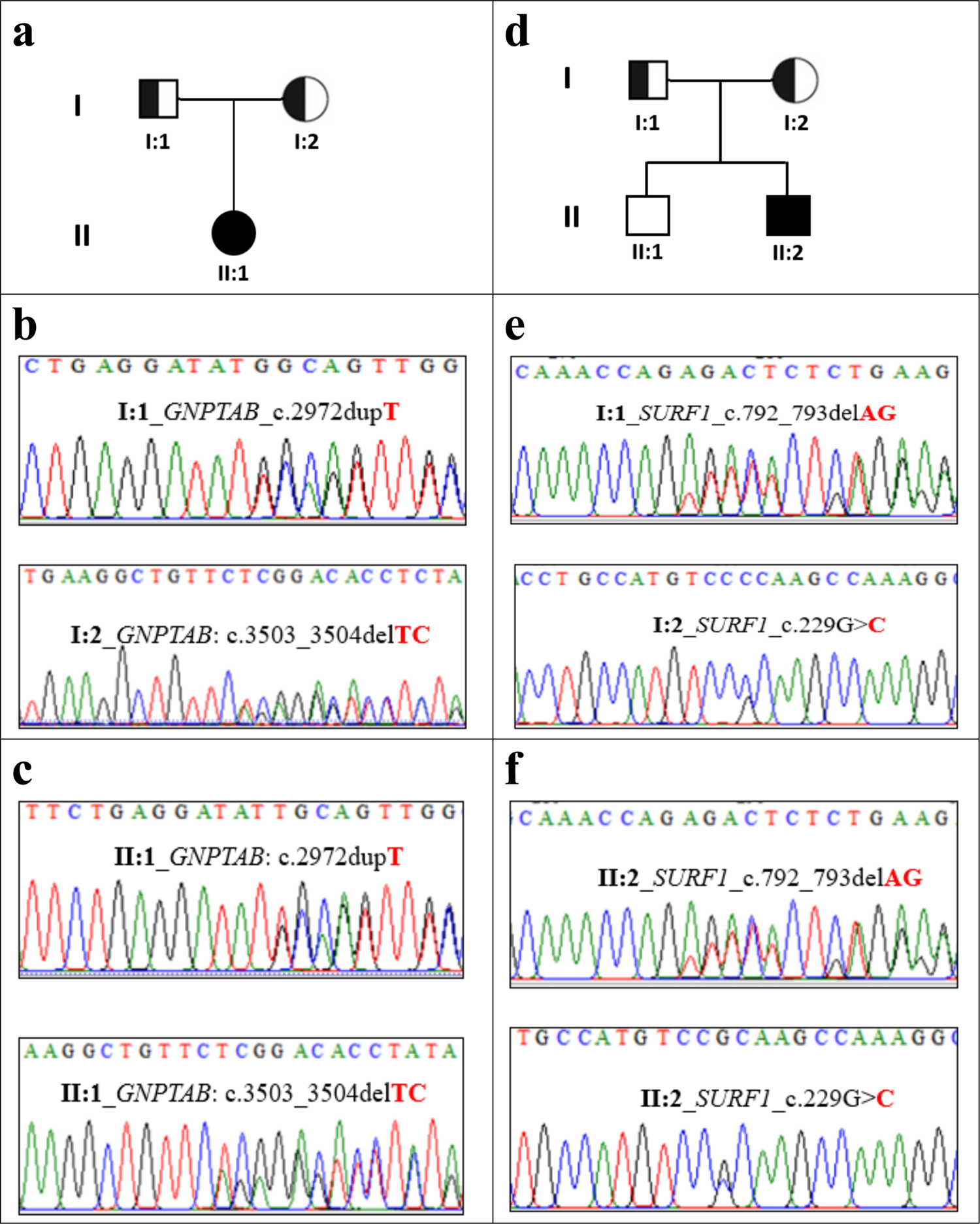
Whole exome sequencing uncovered highly penetrant recessive mutations for a spectrum of rare genetic pediatric diseases in Bangladesh
de
por adulto (o preço varia de acordo com o tamanho do grupo)
